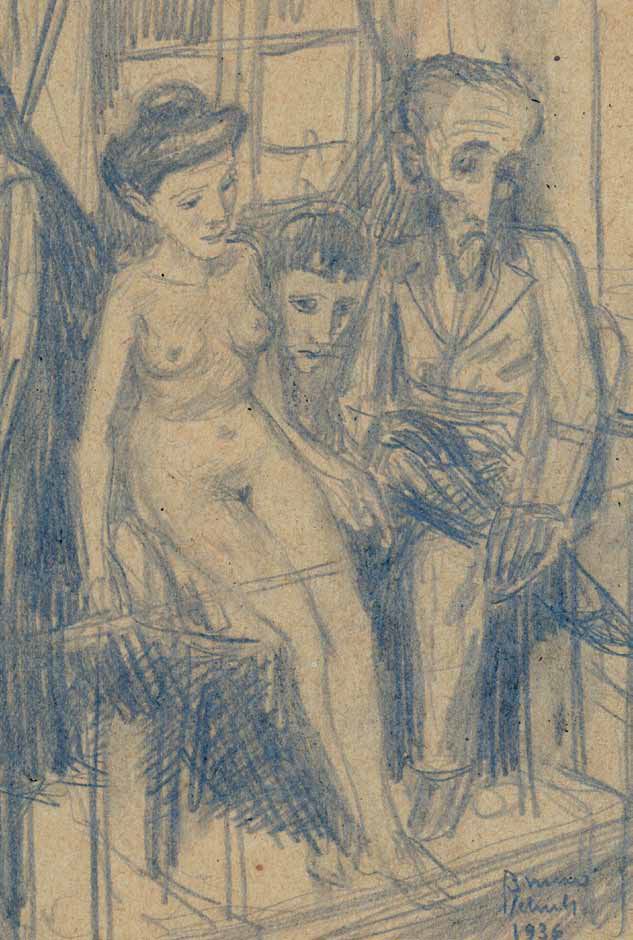Filatelistyczne inklinacje Brunona Schulza i Waltera Benjamina
Abstrakt
In Schulz’s short story “Spring” the interest in stamps and a stamp album, which plays the role of a quasi-mystical Book, equals fascination with distant, exotic realms located outside the familiar. It is also a praise of imagination, since in Rudolf’s hands a collection of stamps was nothing but a mere collection, while in Joseph’s hands it acquired its peculiar extra meaning. The author adds new meanings to the story by considering the stamp album in the context of Walter Benjamin’s understanding of time and the task of the historian. Using Benjamin’s concepts of the “homogeneously empty time,” the nonlinear “historical time,” and the distinction between two types of the “present,” Łysik succeeds in revealing the reasons why Schulz chose for his story an unusual narrative strategy related to the activity of the historian according to Benjamin. The passage from stamps to fiction is successful, but will the protagonists manage to make what they saw in the stamp album come true? The answer must remain ambiguous, just like Benjamin’s thought between translating The Paris Peasant by Aragon and writing One-Way Street.
Downloads
Bibliografia
Aragon Louis. 1971. Wieśniak paryski. Przeł. A. Międzyrzecki. Warszawa: Państwowy Instytut Wydawniczy.
Benjamin Walter. 1996. O pojęciu historii. Przeł. K. Krzemieniowa. W Anioł historii. Eseje, szkice, fragmenty. Wybór i oprac. H. Orłowski. Przeł. K. Krzemieniowa, H. Orłowski, J. Sikorski. Poznań: Wydawnictwo Poznańskie.
Benjamin Walter. 2011. Ulica jednokierunkowa. Przeł. i wstępem opatrzył B. Baran. Warszawa: Wydawnictwo Alatheia.
Lipszyc Adam. 2007. „Glosa do fragmentu”. Kronos 1.
Lipszyc Adam. 2012. Sprawiedliwość na końcu języka. Czytanie Waltera Benjamina. Kraków: Universitas.
Różanowski Ryszard. 1997. „Pasaże” Waltera Benjamina. Studium myśli. Wrocław: Wydawnictwo Uniwersytetu Wrocławskiego.
Schulz Bruno. 1989. Opowiadania. Wybór esejów i listów. Oprac. J. Jarzębski. Wrocław: Zakład Narodowy im. Ossolińskich.
Witte Bernd. 2012. Żydowska tradycja i literacka nowoczesność. Heine, Buber, Kafka, Benjamin. Przeł. R. Kubicki, A. Malitowska. Warszawa: Oficyna Naukowa.
Zieliński Jan. 1986. „Markownik Rudolfa (Do «Wiosny» Schulza komentarz filatelistyczny)”. Twórczość 1.

 Uniwersyteckie Czasopisma Naukowe
Uniwersyteckie Czasopisma Naukowe





